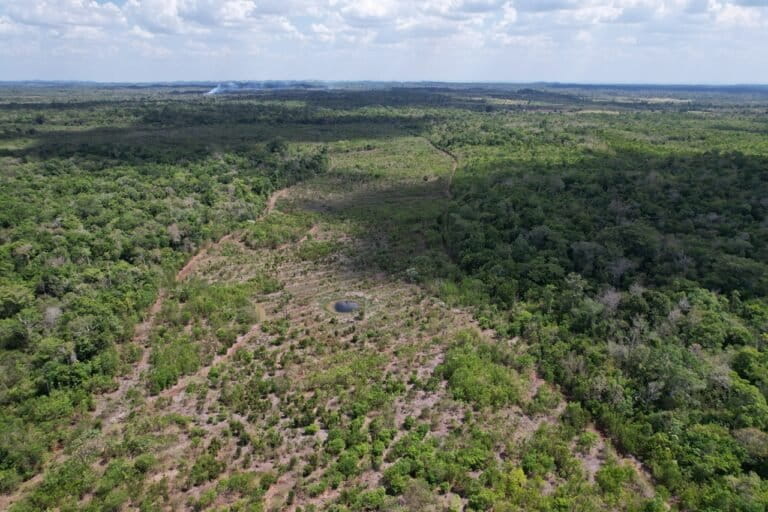Insects worth $57 billion to US economy
Rhett A. Butler, mongabay.com
April 1, 2006
A new study says insects are worth at least $57 billion to the American economy.
In the April 2006 issue of BioScience, John E. Losey of Cornell University and Mace Vaughan of the Xerces Society for Invertebrate Conservation estimate the value of ecological services provided by insects. Looking at just four services–dung burial, control of crop pests, pollination, and wildlife nutrition–Losey and Vaughan calculate that the annual value of insects in these roles is at least $57 billion in the United States. $50 billion of this amount comes from the value of insects in sustaining hunting, fish, and other nature-oriented activities, while $4.5 billion is attributed to natural pest control and at least $3 billion is from pollination. The authors cite dung beetles as an example of an insect that brings tangible benefits to humankind in that they “reduce the effects of parasites and pests on cattle, enhance the palatability of forage to cattle, and make nitrogen in dung more readily available to plants.”
Losey and Vaughan say their assessment is conservative since it accounts for only a fraction of all the services provided by insects and warn that the observed decline in native insect populations could have a detrimental economic impact The authors argue that estimate “implies that an annual investment of tens of billions of dollars would be justified to maintain service-providing insects, and urge that conservation funding pay specific attention to insects and the role they play in ecosystems.”

Image by R. Butler |
Losey and Vaughan’s work is another example of the trend towards valuing the services provided by ecosystems. The ongoing Millennium Ecosystem Assessment, the first global survey of ecological services, is the largest such effort, involving over 1400 experts in various scientific fields from 95 countries around the world. Recently the World Bank has also joined the fray by devising a new economic indicator–“natural wealth”–that incorporates depletion of resources and damage to the environment into measures of the health of an economy.
Related articles
How much are ecosystems worth?
For a long time, preserving natural spaces was considered to be a favor to the environment without a true, measurable benefit to businesses, industrial production and productivity. In recent years however, scientists are increasingly producing substantial evidence to support the notion that the natural environment supplies a diverse range of renewable economic benefits beyond timber and fish. These benefits are termed “ecological services” and certain types of ecosystems provide such valuable functions as water treatment, pollination and sediment capture, simply by remaining intact.
Carbon stored in Canada’s boreal forests and peatlands is worth $3.7 trillion according to research by the Pembina Institute for the Canadian Boreal Initiative. The two-year study puts the value of ecosystem services like water filtration, pest-control services, and carbon storage at $93 billion — roughly 2.5 times greater than the net market value of forestry, hydroelectric, mining, and oil and gas extraction in Canada’s Boreal region.














